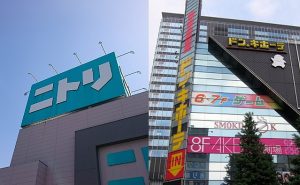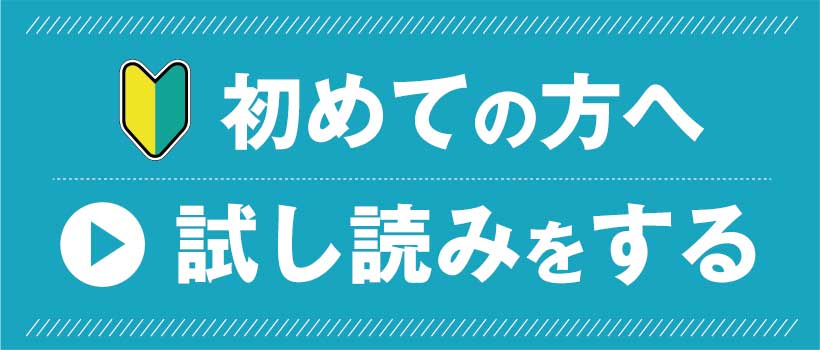※Translated with Notion AI. (Plus version)
Many local companies in Japan are struggling with management restructuring and seeking help from consultants.
Particularly, many of the companies our consulting firm deals with share a common problem.
It is the lack of “separation between management and capital.”
If a company aims for growth, this separation is unavoidable.
However, many small and medium-sized enterprises in Japan maintain family management or hereditary systems, which hinders corporate growth.
Nitori and Don Quijote have already begun the “separation of management and capital.”

This is considered one of the factors contributing to the decline in Japan’s economic competitiveness, and former Prime Minister Yoshihide Suga also emphasized the need for restructuring small and medium-sized enterprises.

The “separation of management and capital” brings about objective management evaluation, ease of fundraising, and a wider range of talent recruitment by making the company’s shareholders (owners) and managers independent.
However, in many small and medium-sized enterprises, the representative director owns a large portion of the company’s shares, leading to the integration of management and capital.
According to data from the Small and Medium Enterprise Agency, 72% of small and medium-sized enterprises in Japan are “owner-operated companies” without external shareholders.
In companies with strong hereditary systems, it is difficult to introduce new ideas, and the decline in innovation capability is also a challenge. Mr. Suga also argued that restructuring of small and medium-sized enterprises is necessary to improve economic efficiency.

(Example) Characteristics of a Typical “Failing Company”







